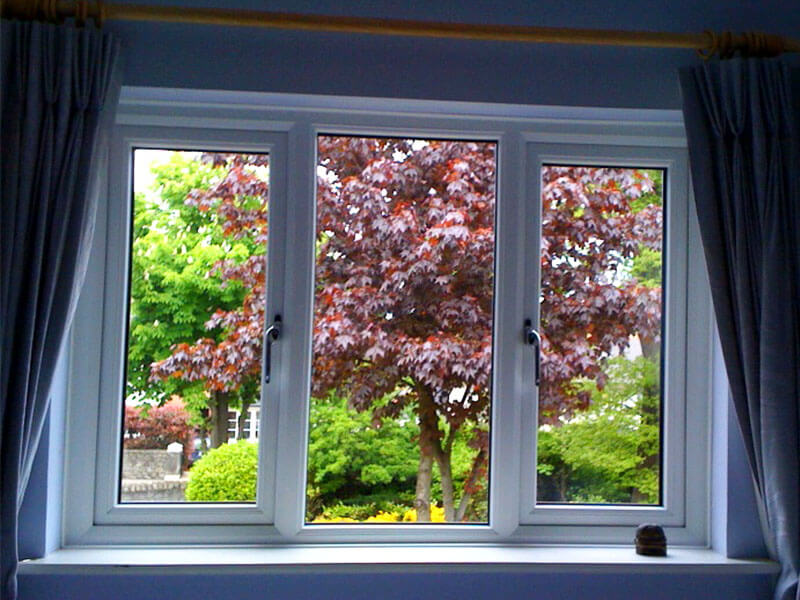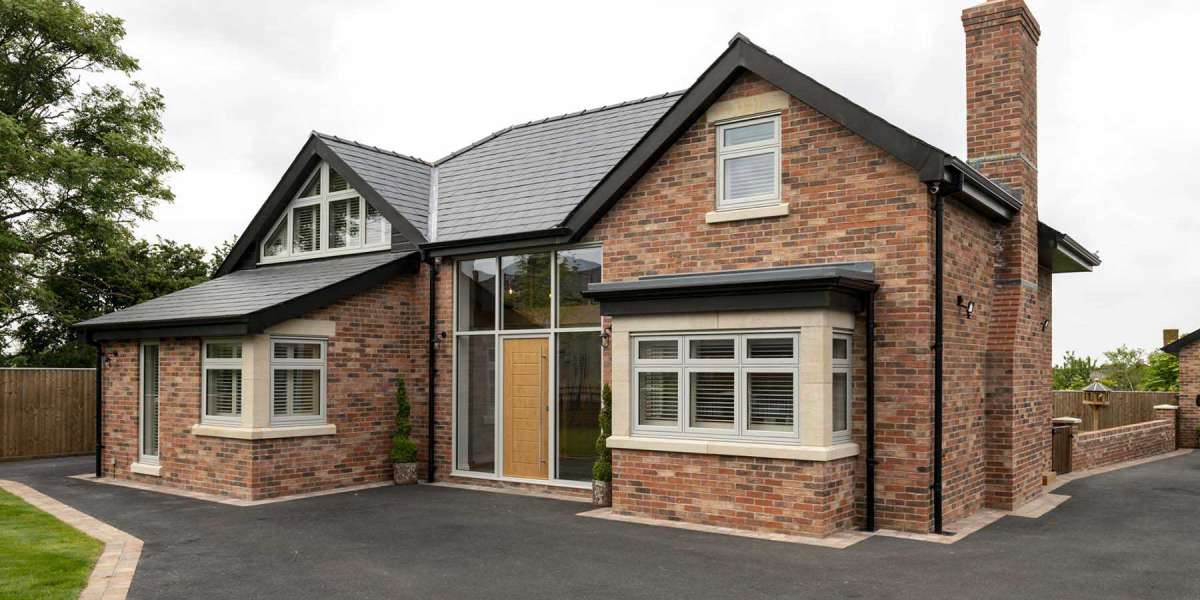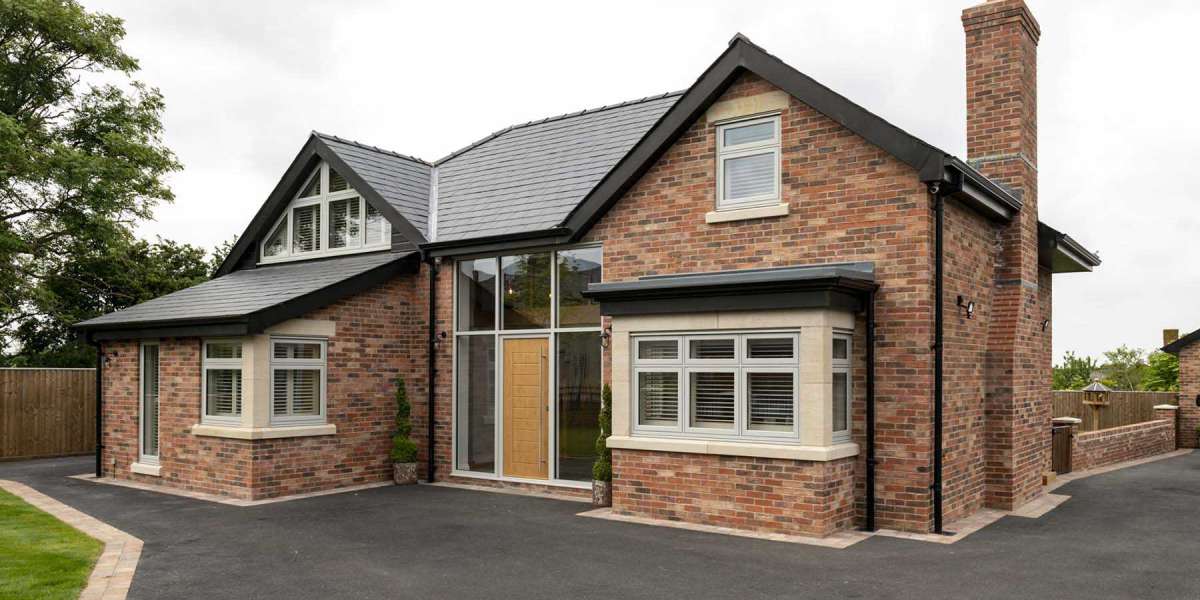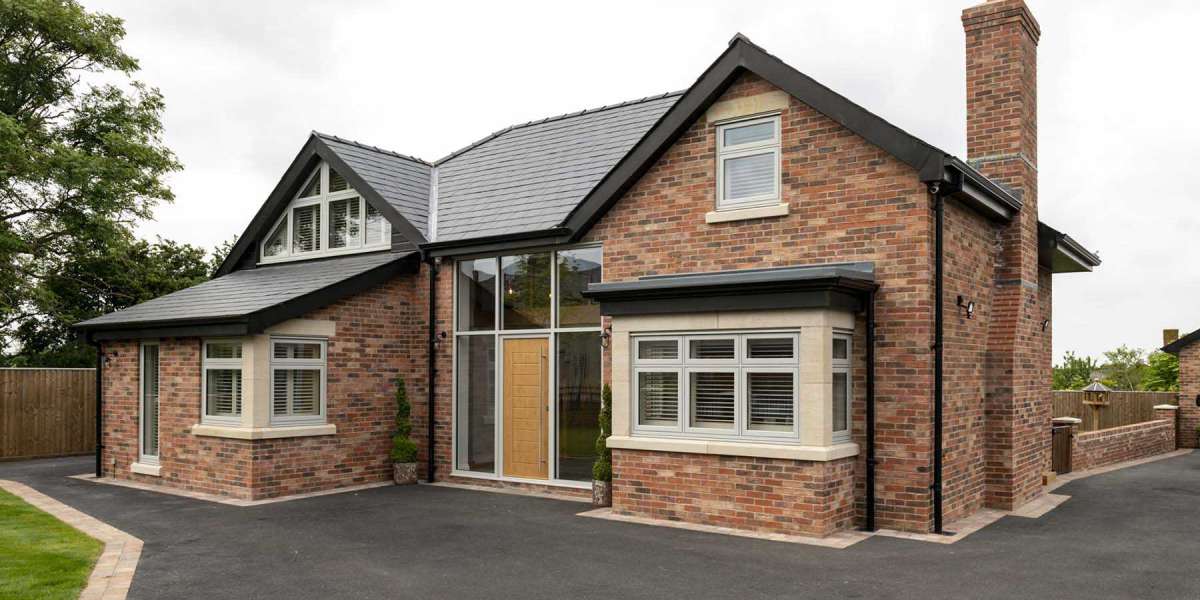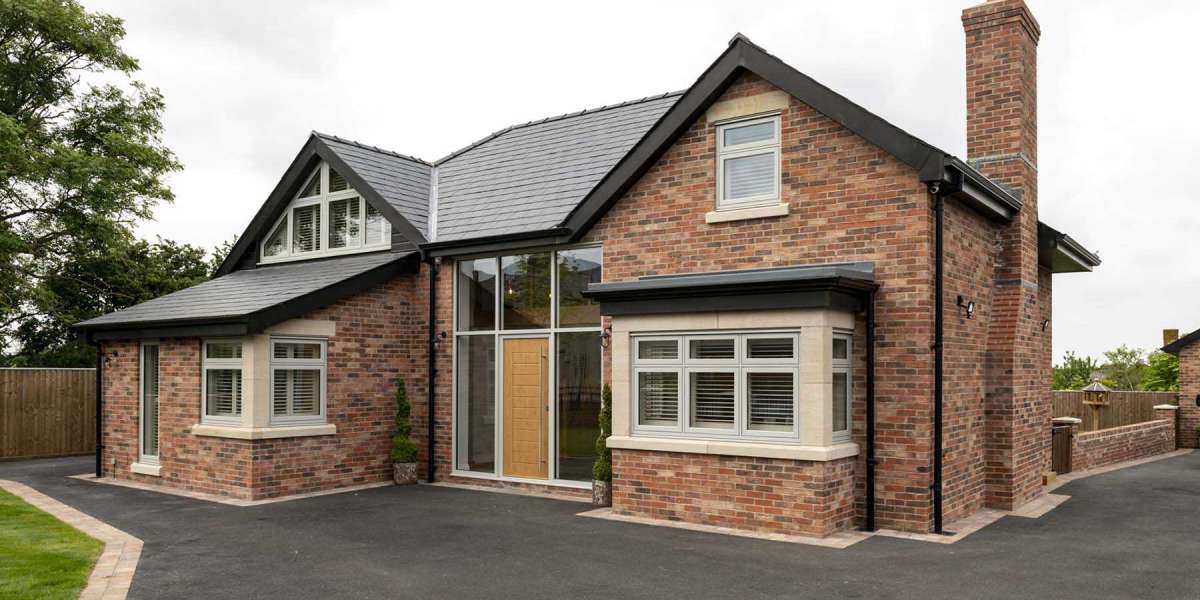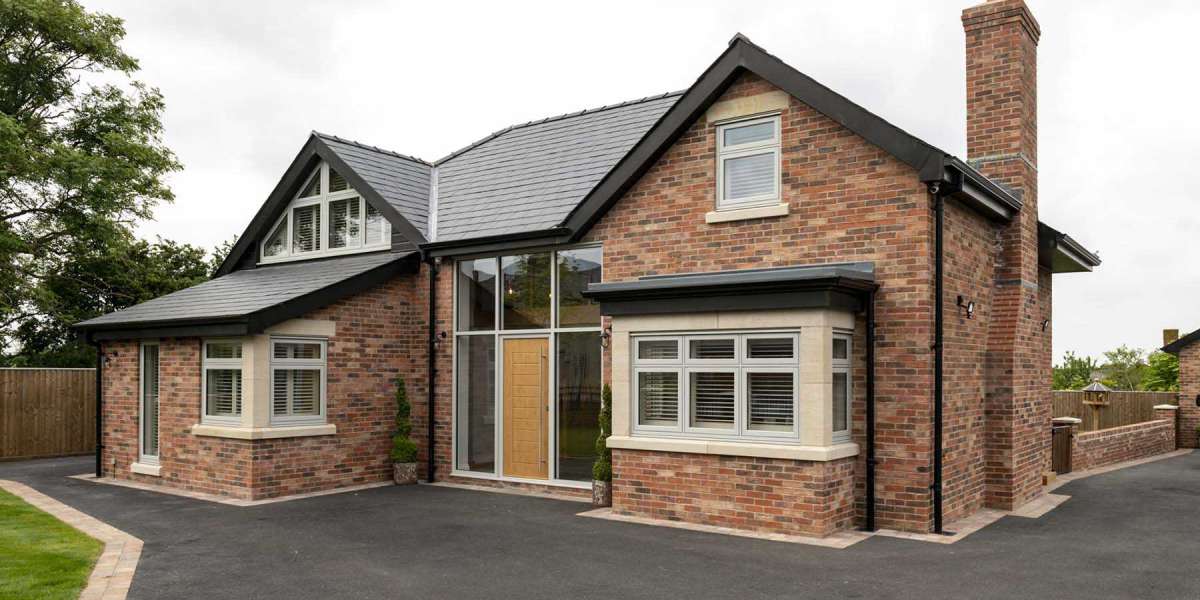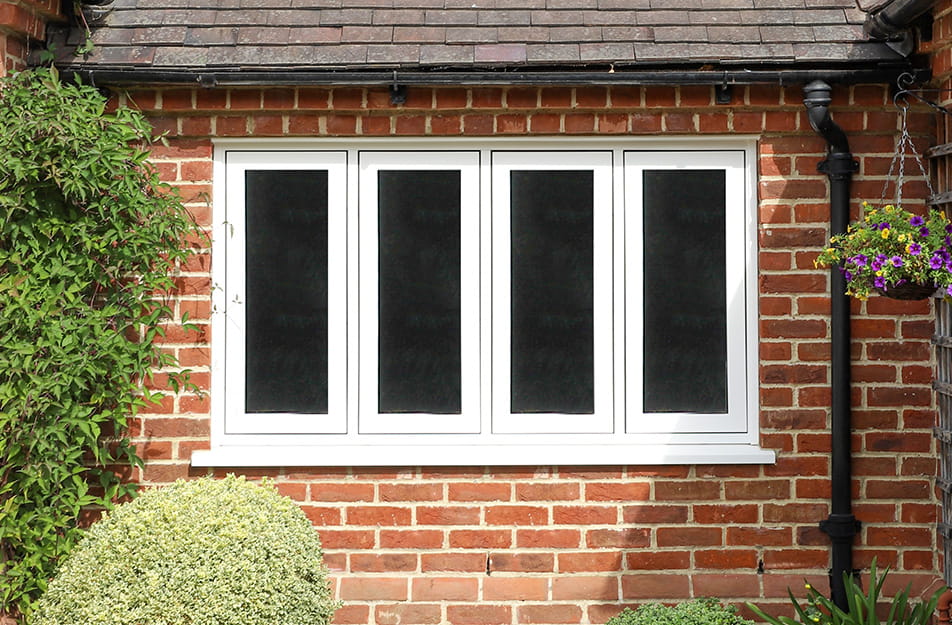
Bifold doors, often referred to as folding or concertina doors, have gained significant popularity in contemporary architecture and interior design. Their unique ability to create expansive openings and seamlessly connect indoor and outdoor spaces has transformed the way we approach residential and commercial layouts. This article delves into the evolution, design, functionality, and benefits of bifold doors, highlighting their role in modern architecture.
Historical Context
The concept of bifold doors can be traced back to ancient civilizations, where similar designs were used to create flexible living spaces. However, the modern bifold door, as we know it today, began to take shape in the mid-20th century. Initially made from timber, advancements in materials and manufacturing techniques have led to the development of bifold doors constructed from aluminum, PVC, and composite materials. This evolution has not only enhanced durability and energy efficiency but has also expanded the aesthetic possibilities for architects and homeowners alike.
Design and Functionality
Bifold doors consist of multiple panels that are hinged together, allowing them to fold neatly to one side when opened. This design enables a wide opening that can significantly enhance the flow of natural light and air into a space. Bifold doors can be installed in various configurations, including single or double tracks, and can open inwards or outwards depending on the design requirements and available space.
One of the key features of bifold doors is their versatility. They can be used in various settings, from residential homes to commercial spaces, and can serve multiple functions. In residential applications, bifold doors are often used to connect living areas to patios, gardens, or balconies, creating a harmonious indoor-outdoor living experience. In commercial settings, they can be utilized to create flexible meeting spaces or to open up storefronts to the street, enhancing visibility and accessibility.
Benefits of Bifold Doors
1. Space Optimization
One of the most significant advantages of bifold doors is their ability to optimize space. Traditional doors require a certain amount of clearance to swing open, which can limit furniture placement and reduce usable space. Bifold doors, on the other hand, fold away neatly, allowing for maximum use of the surrounding area. This feature is particularly beneficial in smaller homes or commercial spaces where every square foot counts.
2. Enhanced Natural Light
Bifold doors are typically designed with large glass panels, which allow an abundance of natural light to flood into a space. This not only creates a brighter and more inviting atmosphere but can also contribute to energy savings Windows By Ideal Glass reducing the need for artificial lighting during the day. Natural light has been shown to have a positive impact on mood and productivity, making bifold doors an excellent choice for both residential and commercial environments.
3. Improved Ventilation
The ability to fully open bifold doors provides an excellent opportunity for cross-ventilation. In climates where fresh air is desirable, bifold doors can be opened wide to create a natural flow of air through the space. This can help regulate indoor temperatures and improve air quality, contributing to a healthier living or working environment.
4. Aesthetic Appeal
Bifold doors are available in a wide range of styles, materials, and finishes, allowing homeowners and designers to select options that complement their architectural vision. Whether opting for sleek aluminum frames or warm wooden finishes, bifold doors can enhance the overall aesthetic of a space. Their modern look and ability to create a seamless transition between indoors and outdoors make them a sought-after feature in contemporary design.
5. Increased Property Value
Investing in bifold doors can also increase the value of a property. Homebuyers are increasingly drawn to features that enhance the living experience, and the addition of bifold doors can be a significant selling point. The ability to create a versatile space that connects with the outdoors can appeal to potential buyers, making the property more attractive in a competitive market.
Considerations for Installation
While bifold doors offer numerous benefits, there are several considerations to keep in mind when planning for their installation:
- Space Requirements: Bifold doors require sufficient wall space for the panels to fold away. It is essential to assess the available space to ensure the doors can be fully opened without obstruction.
- Material Selection: The choice of material can impact the performance, maintenance, and aesthetic of bifold doors. Aluminum offers durability and a modern look, while wood provides warmth and character. Homeowners should consider factors such as climate, maintenance, and personal preference when selecting materials.
- Professional Installation: Proper installation is crucial for the optimal performance of bifold doors. It is advisable to engage professional installers who have experience with bifold systems to ensure that the doors function smoothly and are securely fitted.
- Regulatory Compliance: Homeowners should also be aware of local building codes and regulations regarding door installations, especially when it comes to safety features like emergency exits and accessibility.
Conclusion
Bifold doors represent a significant advancement in architectural design, offering a perfect blend of functionality, aesthetics, and versatility. Their ability to create expansive openings, enhance natural light, and optimize space makes them an ideal choice for modern living and working environments. As we continue to embrace open-concept designs and the importance of indoor-outdoor connectivity, bifold doors will undoubtedly play a pivotal role in shaping the future of architecture. Whether in residential or commercial settings, the benefits of bifold doors make them a compelling option for anyone looking to enhance their space and create a more inviting atmosphere.
